
Introduction
Sewing is not only an art form but also a practical skill that allows you to create beautiful garments, accessories, and home decor items. To achieve the best results in sewing, you need to have the right tools and equipment. This article will guide you through the essential sewing equipment every beginner or expert seamstress must have.
1. Sewing Machine
The sewing machine is the cornerstone of any sewing project. Investing in a good-quality sewing machine will make your sewing experience smoother and more enjoyable. Look for a machine that offers various stitch options, adjustable stitch length and width, and a free arm for sewing cuffs and sleeves.
2. Needles
Having a range of sewing machine needles and hand sewing needles is crucial. Different types of fabric require different needle sizes and types, so make sure to have universal needles, ballpoint needles for knits, and sharps for woven fabrics. Hand sewing needles come in various lengths and thicknesses to accommodate different projects.
3. Thread
Thread is the backbone of every sewing project. Select high-quality thread that matches your fabric. Polyester thread is a common choice for most projects as it is strong and versatile. Make sure to have a variety of thread colors to match your fabric selections.
4. Scissors
A good pair of fabric scissors is a must-have for cutting fabric cleanly and accurately. Keep a separate pair for fabric to prevent them from becoming dull too quickly. In addition to fabric scissors, having small sharp scissors or thread snips is handy for quick thread cutting and trimming.
5. Measuring Tools
Precision is key in sewing, so you’ll need measuring tools like a tape measure and ruler. A flexible tape measure is perfect for taking body measurements and measuring fabric lengths. A clear ruler with markings in both inches and centimeters is useful for pattern drafting and measuring small areas accurately.
6. Pins and Pincushion
Pins hold fabric pieces together during sewing, so having a range of straight pins on hand is essential. A pincushion keeps your pins organized and within reach. Choose a pincushion that suits your style and keeps your pins secure.
7. Seam Ripper
Mistakes happen, and a seam ripper is your best friend when it comes to undoing stitches and correcting errors. Look for a seam ripper with a sharp blade and a comfortable handle for precise and easy stitch removal.
8. Iron and Ironing Board
A well-pressed fabric is the foundation of a professional-looking sewing project. Invest in a good-quality iron with adjustable heat settings and a reliable steam function. A sturdy ironing board with a heat-resistant cover is essential for pressing your fabric flat, eliminating wrinkles, and shaping seams.
9. Bobbins and Bobbin Storage
Bobbins hold the lower thread in your sewing machine. Make sure to have extra bobbins that fit your sewing machine’s model. A bobbin storage case or box keeps your bobbins organized and prevents tangling.
10. Storage and Organization
Lastly, having proper storage and organization for your sewing tools and equipment is crucial. Consider investing in a sewing box or a storage system with compartments to keep everything neat and easily accessible.
With the right sewing equipment at your disposal, you’re ready to embark on various sewing projects and unleash your creativity. Remember to maintain and care for your tools to ensure they serve you well for years to come. Happy sewing!
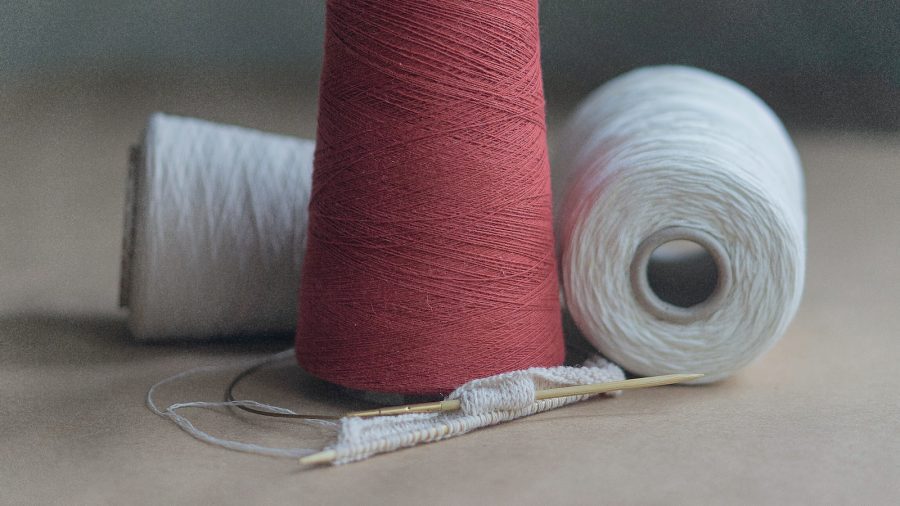
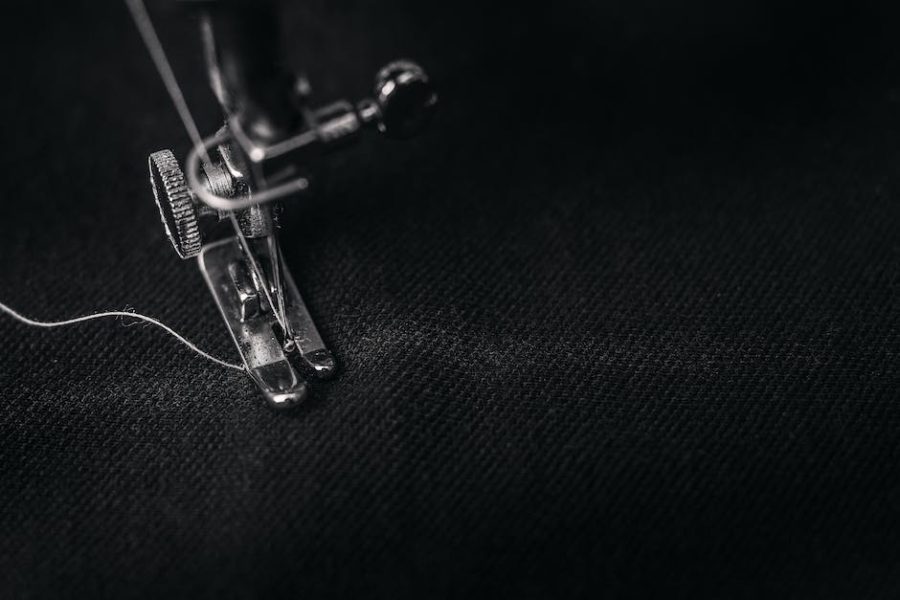
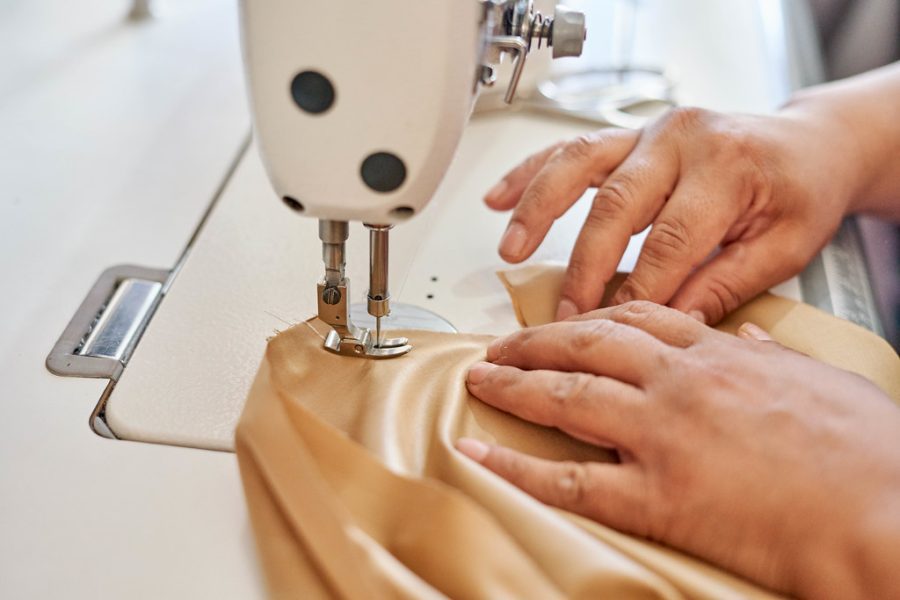
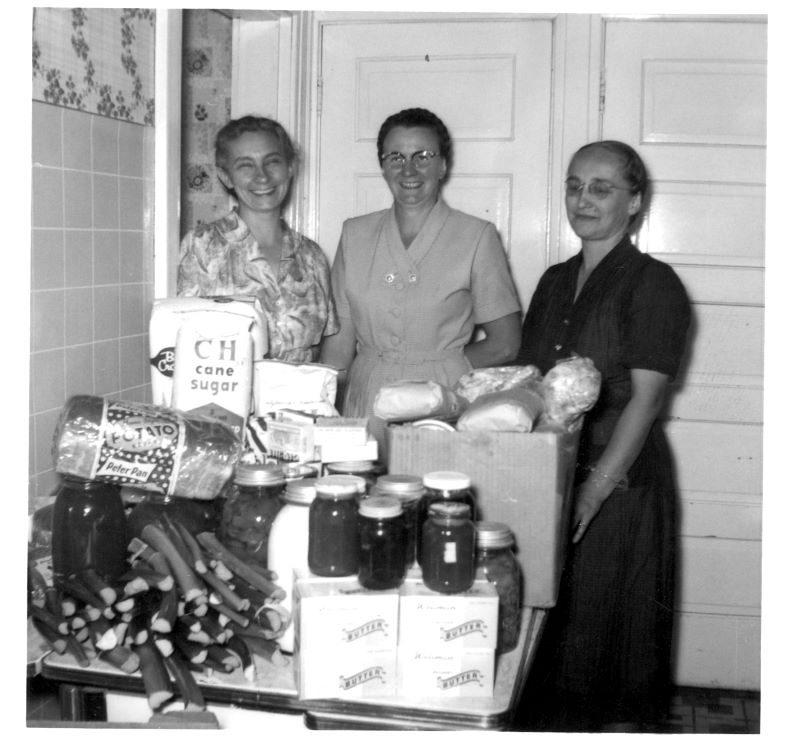
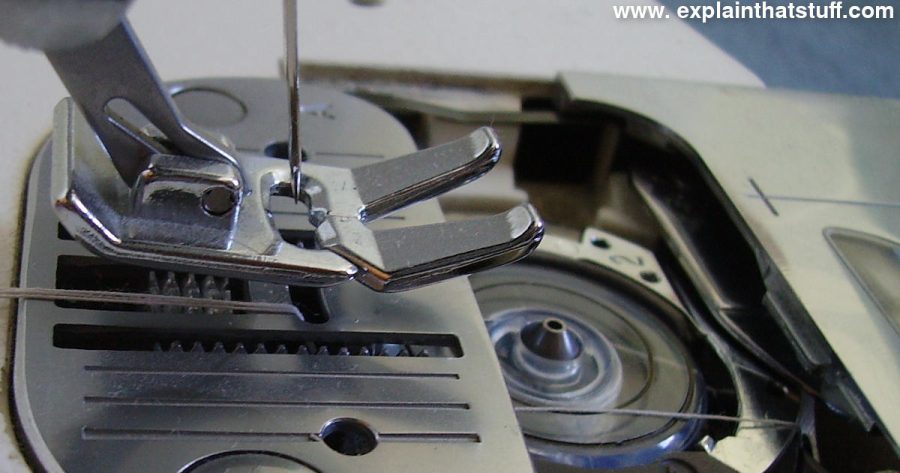
“I love my new sewing machine!”